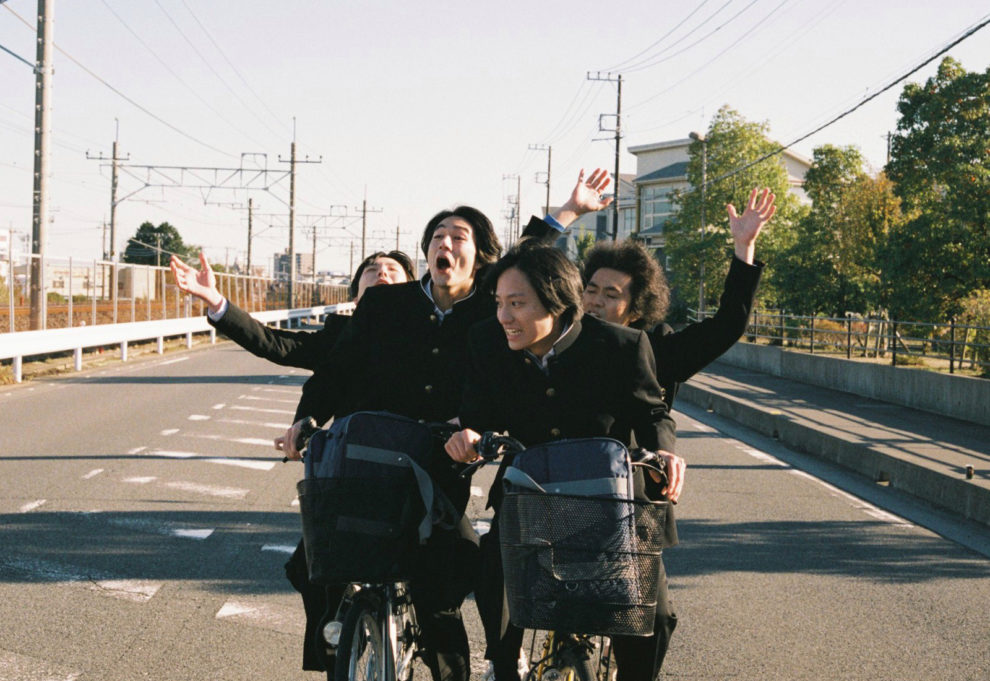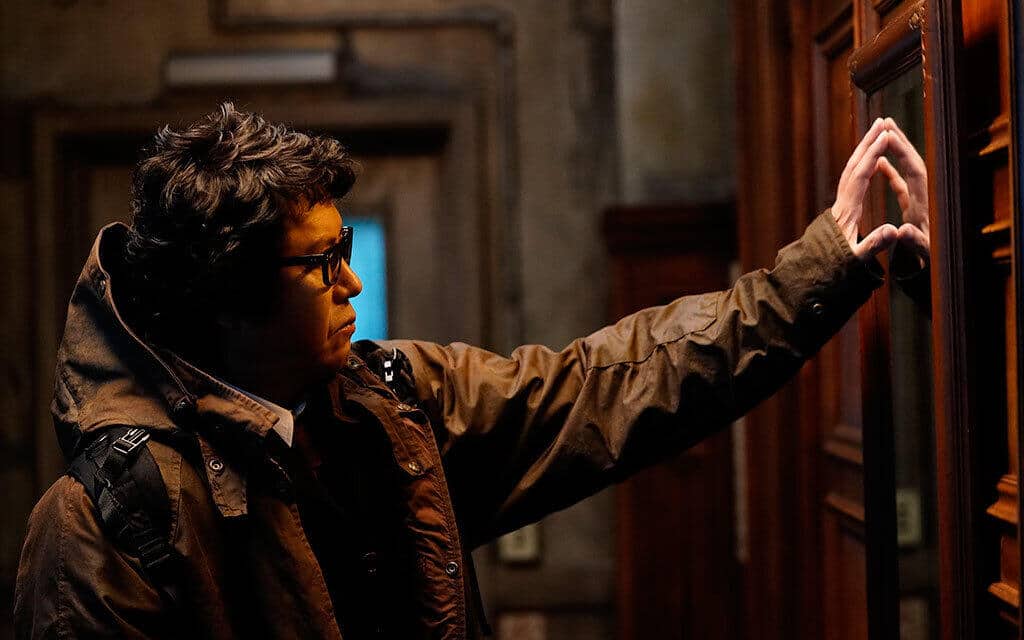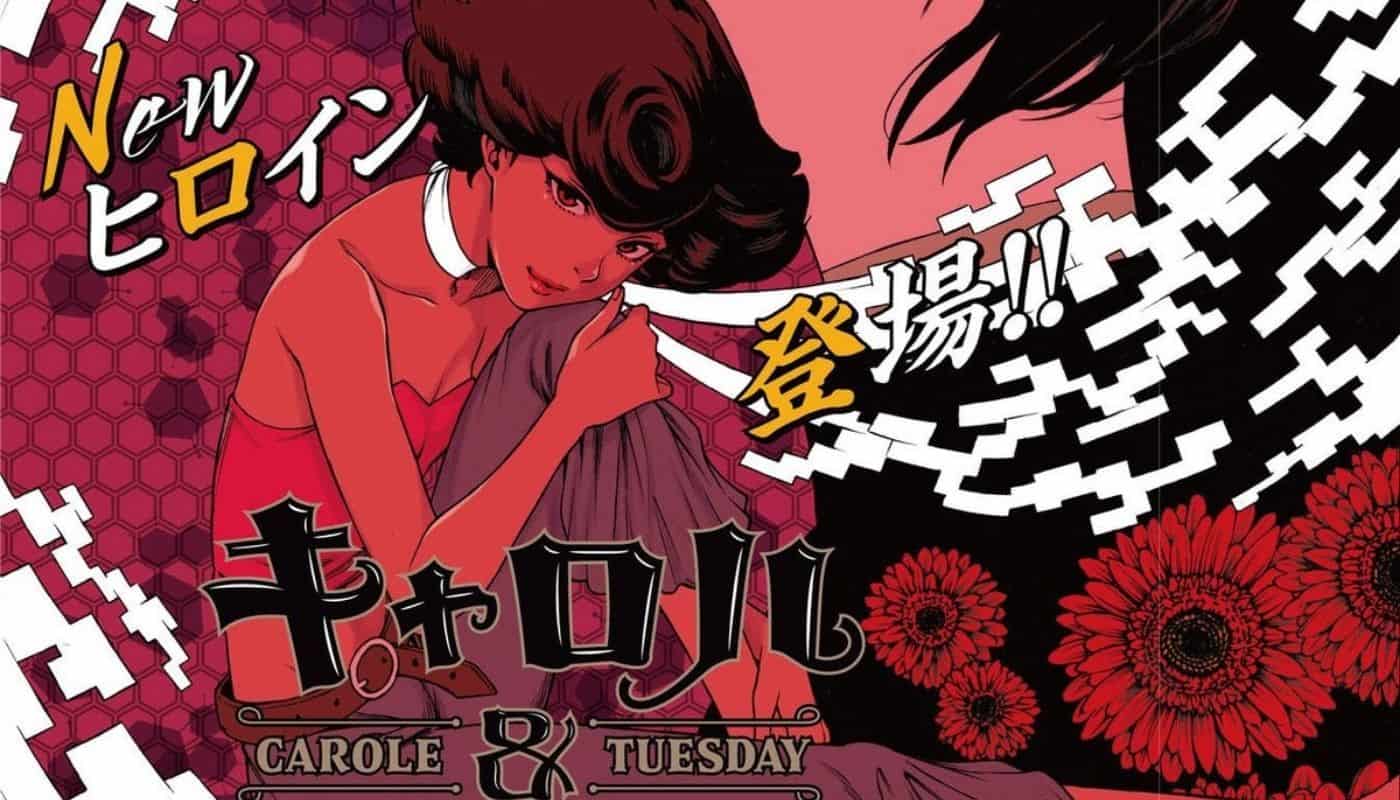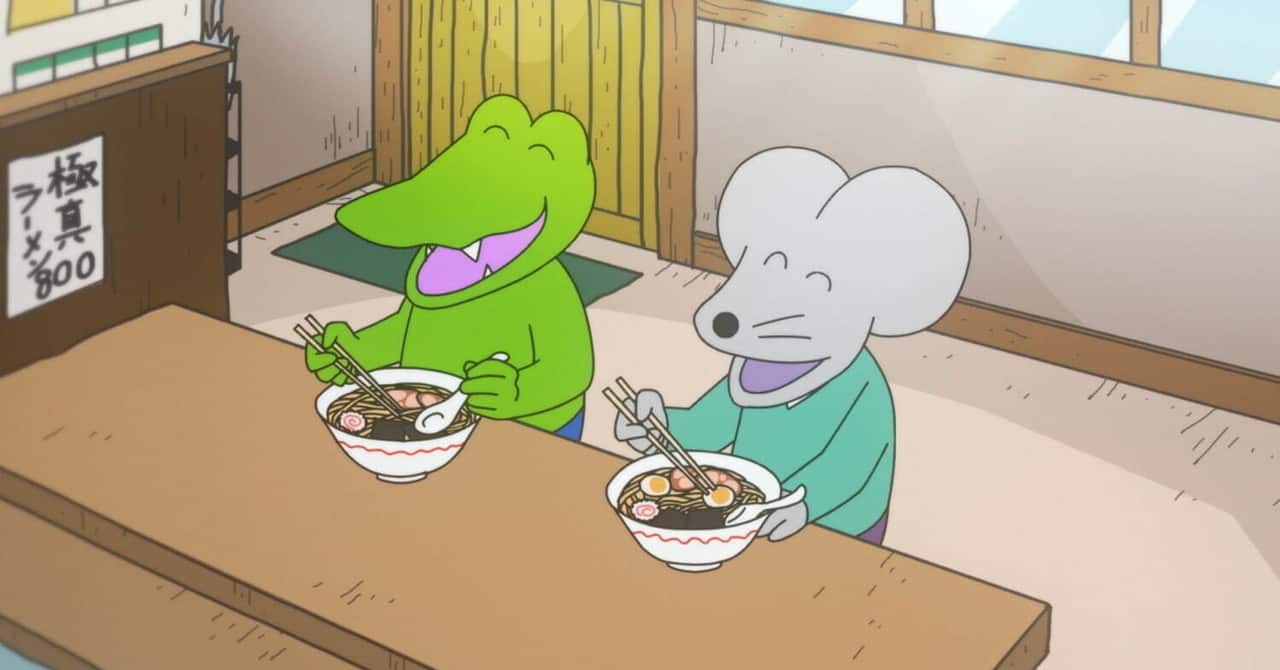When we look back on your youth and our time in school, every one of us might think of a certain person in their circle of friends, or one classmate, who managed to turn even the most boring lesson into something quite exciting. Episodes of these people, their antics or just their strange behavior, hold a certain place in our memories, and probably will be one of the first topics we address during a class reunion after the talk about jobs and families have subsided. Actor Gaku Hosokawa also had one of these friends in his life, a person who fascinated him, but whose story also had a tragic element to it. As he told director Takuya Uchiyama about the character and the story behind it, the latter asked him whether they should make a film about this person, with Hosokawa playing him, which ultimately resulted in “Sasaki in My Mind”, a follow-up to the director feature “Vanitas”.
Sasaki in My Mind is screening at Japan Cuts
After school, Yuji (Kisetsu Fujiwara) had planned on becoming an actor, but besides an apartment in Tokyo he has not much to show for, with no roles to speak of, aside from a few commercials, and a broken relationship. When a fellow actor asks him to do a play with him about two friends called “The Long Goodbye” the themes, characters and dialogues stir up quite a few memories within Yuji about his time in school, his circle of friends and Sasaki (Hosokawa). In school, he had always been the center of attention, playing tricks on others or dancing naked in class, with his friends chanting his name. Yuji remembers meeting Sasaki at home and talking to him, getting to know the person behind the class clown, and his troubled relationship with his father, who was absent most of the time and whose health would lead him to an early grave, leaving Sasaki alone to take care of himself.
Because Sasaki always encouraged his plan to pursue a career in acting and had always been there for him, Yuji decides to renew the bond to his friend. After having tried several jobs, he now spends his time in pachinko parlors and going to karaoke joints, barely making a living, despite telling his former friend otherwise. Yuji becomes increasingly aware of how he has let his friends down over the years, avoiding contacting him and by being too preoccupied with his own career.

Even though Kisestsu Fujiwara is the protagonist in Uchiyama's feature, undoubtedly Gaku Hosokawa's performance as the titular character steals the show whenever he appears on screen. Similar to the large-than-life persona he plays, it is Sasaki whose antics bring excitement and entertainment to the everyday routine of the young students, a character who seems to be satisfied when he is the center of attention, while also making it obvious, if one looks closer, that behind the class clown-facade something is hidden. It is a sharp contrast behind the lively character who gets naked in the classroom and is later chased down by a teacher through the school hallways, to the suddenly quiet and sensitive young man who is happy spending some time with his father, playing a video game. It is a great performance which highlights both the fascination and the mystery of a man whose real personality is a blend of the class clown and the friend he is trying to be, even though his affection is not always reciprocated.
While it takes a while before Uchiyama's script picks up the pace, somewhat losing itself among the exposition, once we get to see the other aspects of Sasaki, the one behind the class clown, the feature really opens up. The addition of various flashbacks and the scenes of Yuki rehearsing his lines for the play, among other aspects, seems to mimic the way his mind goes back to the times with his friends, but also how certain episodes may be regarded as early warning signs and moments he should have sensed something was wrong with Sasaski. Overall, Uchiyama's approach to telling the story becomes quite relatable, highlighting how you might choose to remember a person a certain way, while suppressing those moments which might have demanded us to act.
In the end, “Sasaki in My Mind” becomes a very touching tale about friendship and memory. Due to its wonderful cast and its approach to storytelling, Takuya Uchiyama manages to direct a feature which will certainly remind its audiences of these special friends and people in our lives, and how we were (or still are) connected to them.















